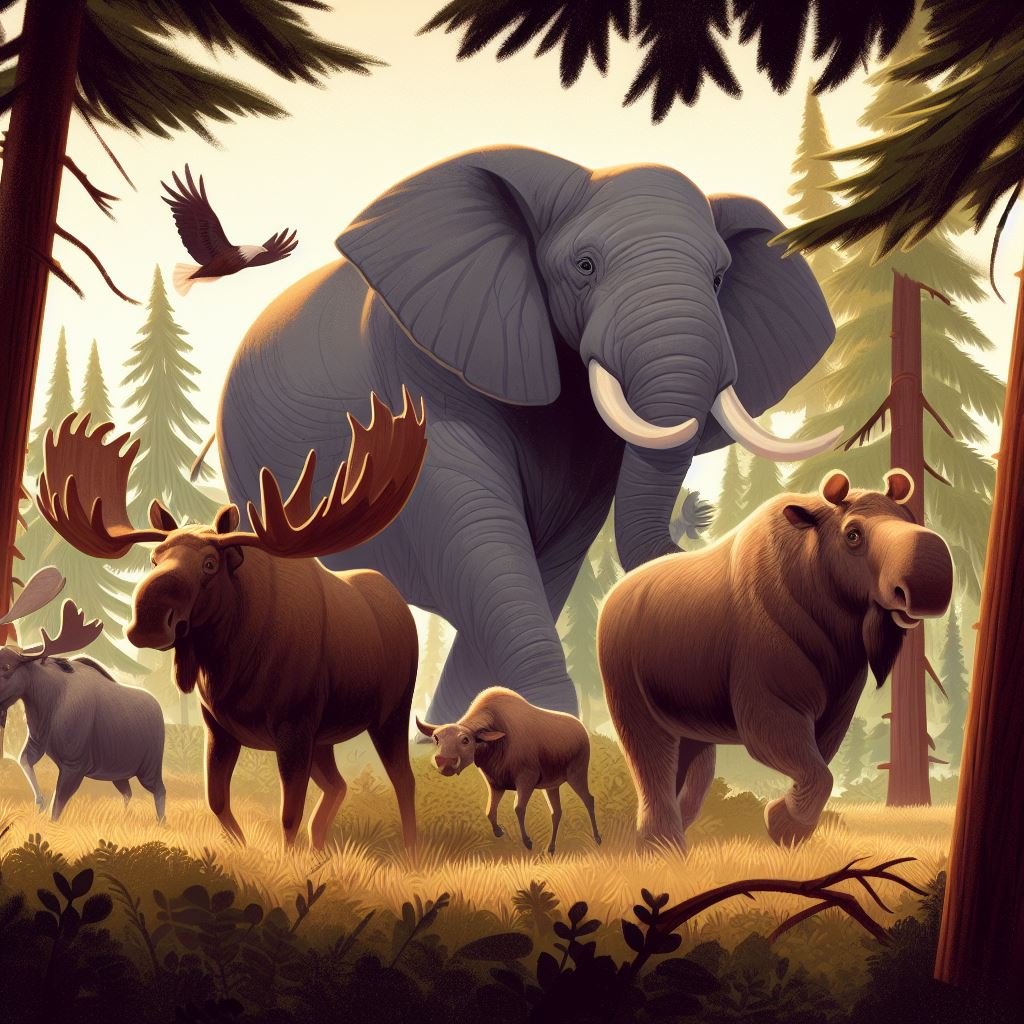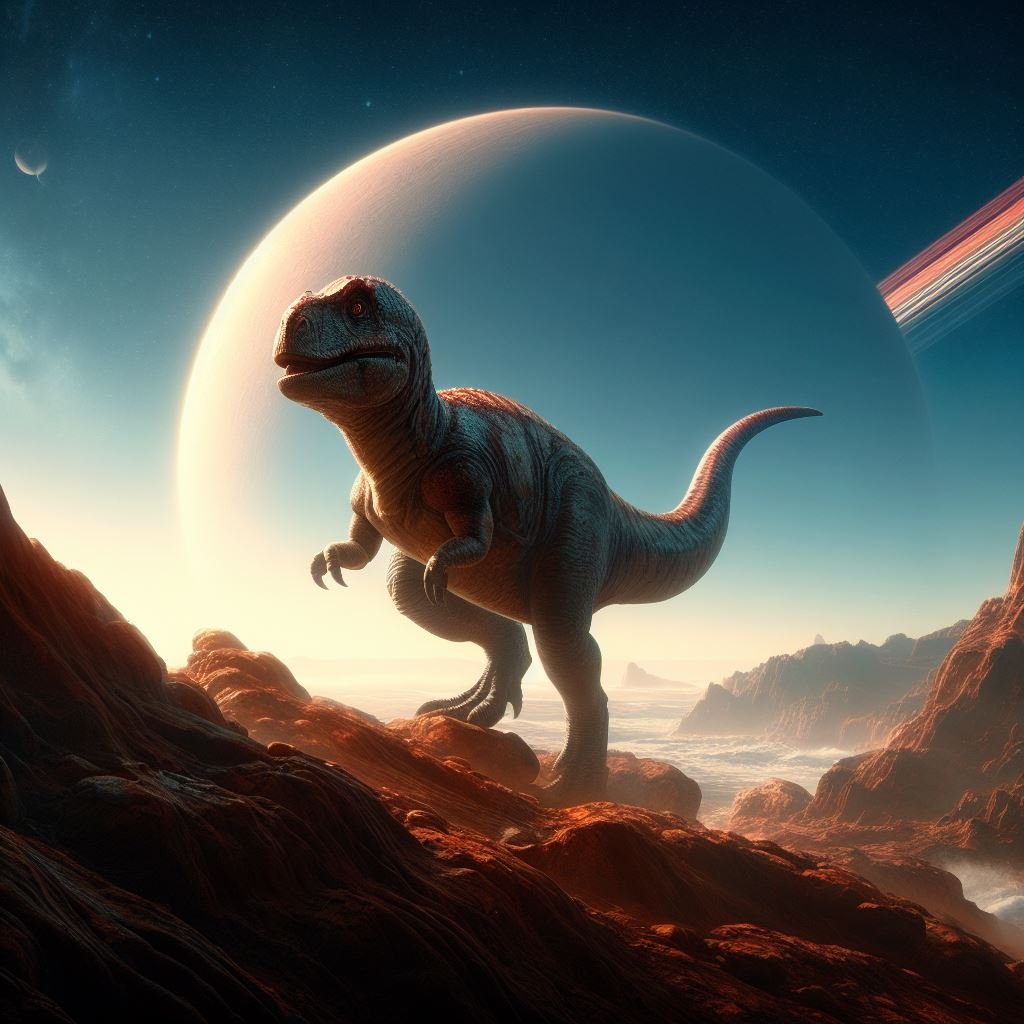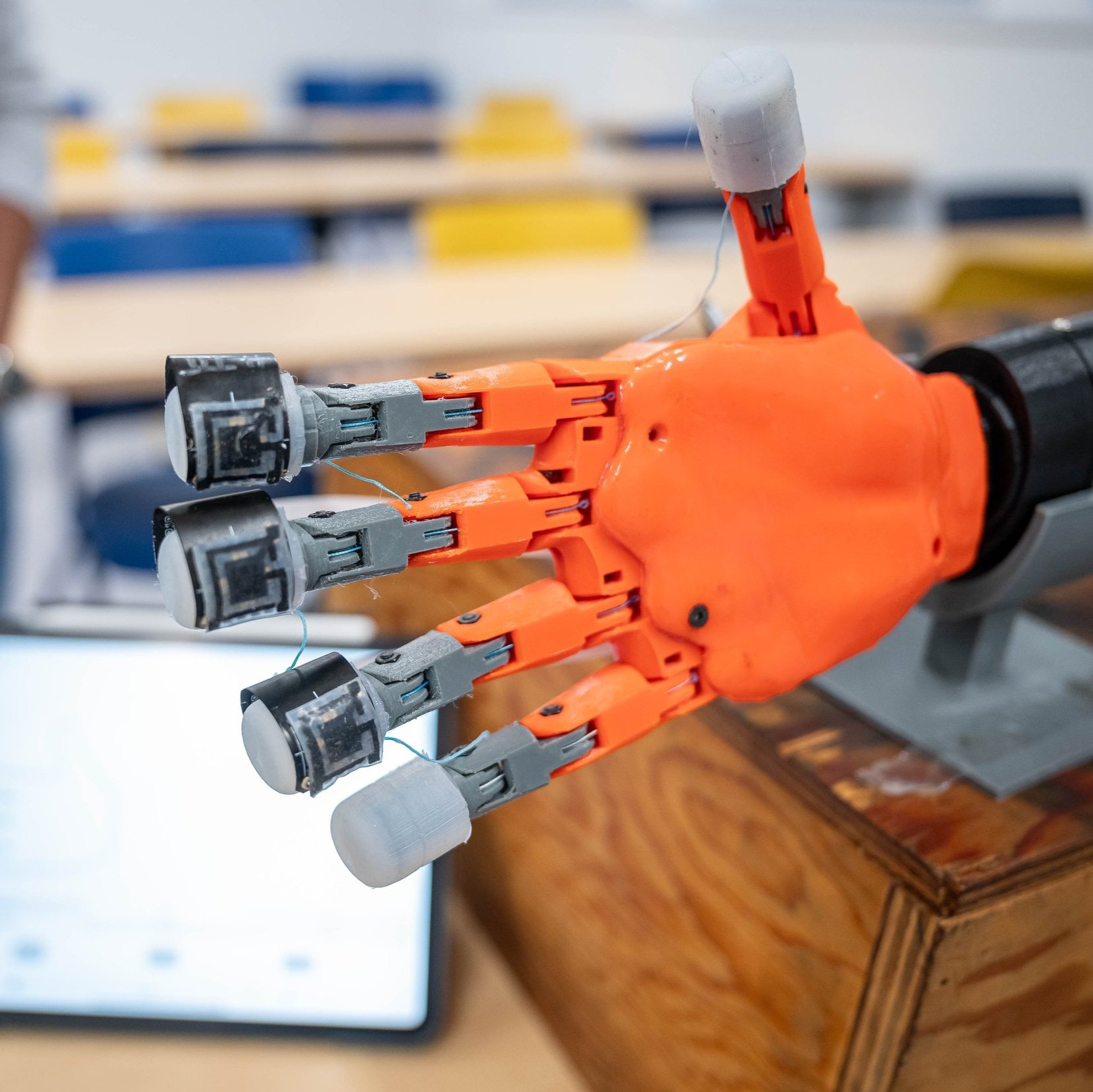
Marijuana use linked with increased risk of heart attack, heart failure
As more people use marijuana for medical and recreational reasons, two new studies suggest its regular intake may damage heart and brain health.

Brain implant may enable communication from thoughts alone
Prosthetic decodes signals from brain’s speech center to predict what sound someone is trying to say.

NASA telescopes discover record-breaking black hole
A key indicator of a growing supermassive black hole – X-ray emission – has been found in an extremely distant galaxy. This galaxy, UHZ1, is 13.2 billion light-years away, seen when the universe was only 3% of its current age.

Long-distance weaponry identified at the 31,000-year-old archaeological site of Masières-Canal
The hunter-gatherers who settled on the banks of the Haine, a river in southern Belgium, 31,000 years ago were already using spearthrowers to hunt their game.

Large herbivores such as elephants, bison and moose contribute to tree diversity
Using global satellite data, a research team has mapped the tree cover of the world’s protected areas. The study shows that regions with abundant large herbivores in many settings have a more variable tree cover, which is expected to benefit biodiversity overall.

Jurassic worlds might be easier to spot than modern Earth
Might a tyrannosaur roam on Trappist-1e, a protoceratops on Proxima Centauri b, or a quetzalcoatlus on Kepler 1047c?

What happens when cats get fat? Scientists weigh in
About 60% of cats are overweight, which can lead to health problems such as diabetes and chronic inflammation. A new study looks at what happens in the digestive system and gut microbiota when cats eat too much.

2023 Ozone hole ranks 16th largest, NASA and NOAA researchers find
The 2023 Antarctic ozone hole reached its maximum size on Sept. 21, according to annual satellite and balloon-based measurements made by NASA and NOAA. At 26 million square kilometers, the hole ranks as the 16th largest since 1979.

Monitoring nuclear weapons stockpiles with radio waves
Monitoring whether states are complying with disarmament treaties is not an easy task. An international team has been exploring remote monitoring with the help of two antennas and a couple of mirrors.

Salts and organics observed on Ganymede’s surface by NASA’s Juno
Data collected by NASA’s Juno mission indicates a briny past may be bubbling to the surface on Jupiter’s largest moon.

Sunscreen paradox: scientists explain the 'false sense of security' from using sunscreens
Sunscreen is important, says Dr. Ivan Litvinov, but it is also the least effective way to protect your skin when compared to sun protective clothing and sun avoidance.

Engineers develop breakthrough robot skin
UBC engineers develop breakthrough ‘robot skin’ in collaboration with Honda researchers.

Hair follicles' hidden role in touch sensation
A new study uncovered a previously unknown mechanism in hair follicles that allows us to detect touch.

A superatomic semiconductor sets a speed record
The fastest and most efficient semiconductor yet.

Venus had Earth-like plate tectonics billions of years ago
Simulations evidence that Venus once had plate tectonics — a finding that opens the door for the possibility of early life on the planet and insights into its history.

A new quantum effect called "spinaron" discovered
For the first time, experimental physicists have demonstrated a new quantum effect aptly named the spinaron.

Marijuana use damages brain immune cells vital to adolescent development
Researchers say they have found changes to the structure of microglia, which are specialized brain immune cells, that may worsen a genetic predisposition to schizophrenia.

What an animated taco reveals about curiosity and patience
New research shows that curiosity can prioritize the journey over the outcome.

Curiosity rover finds new evidence of ancient Mars rivers, a key signal for life
New analysis of data from the NASA's rover reveals that much of the craters on Mars today could have once been habitable rivers.

Do people everywhere care less about their cats than their dogs?
A new study has found that pet owners appear to care more about their dogs than their cats — and delves into the possible reasons why.

